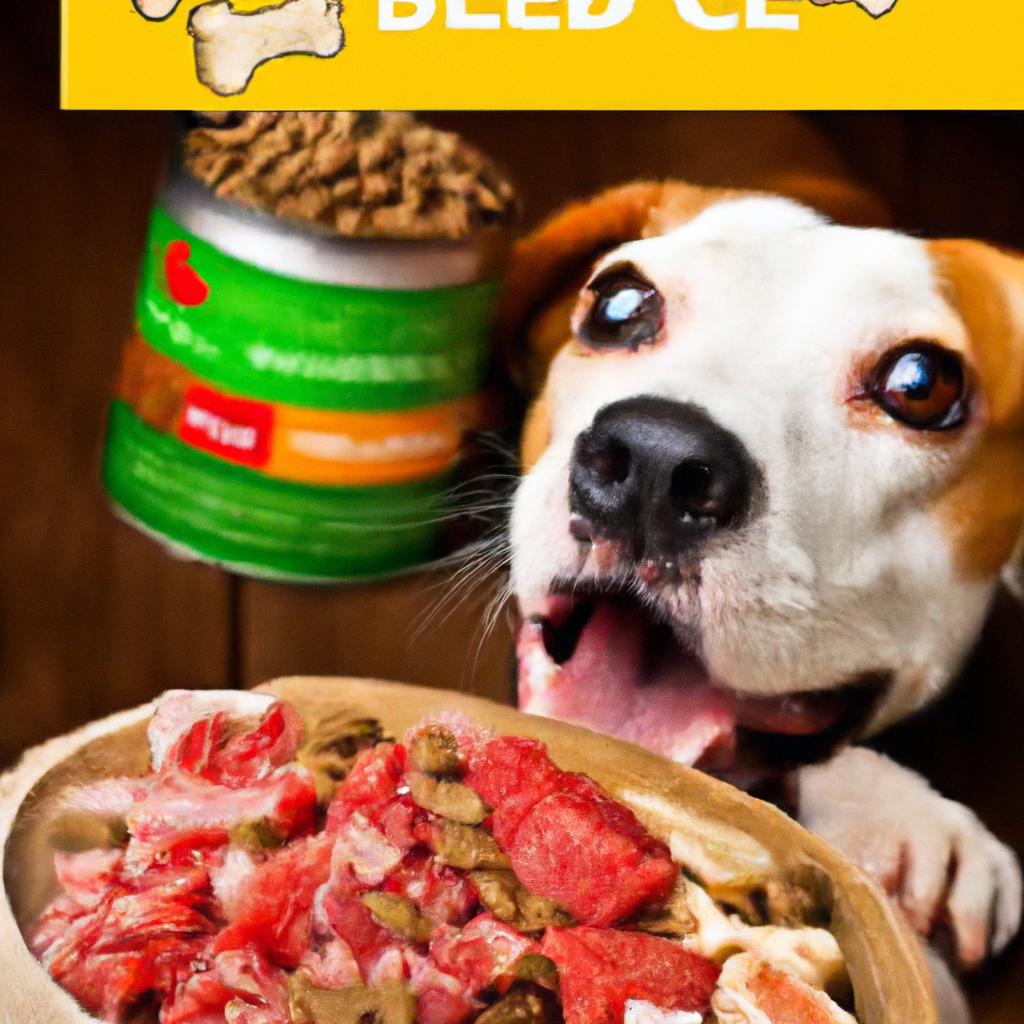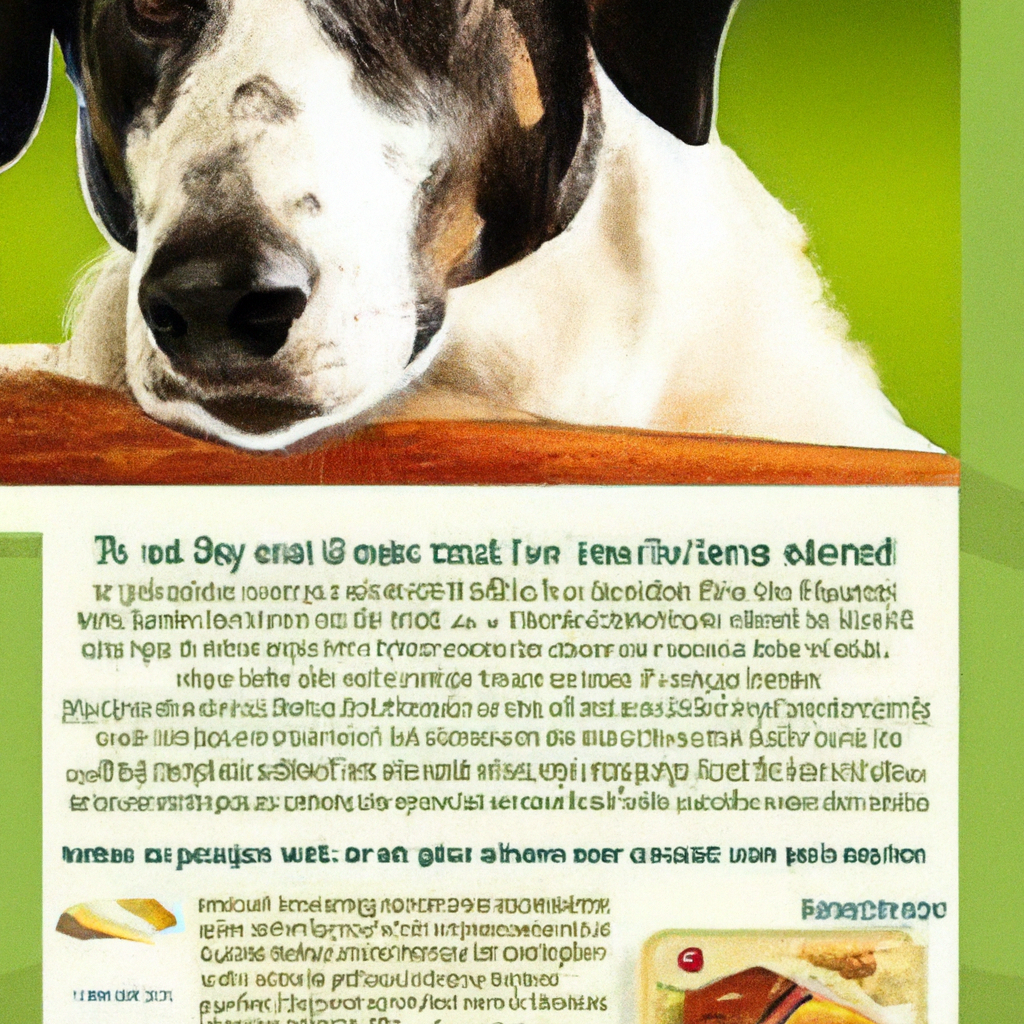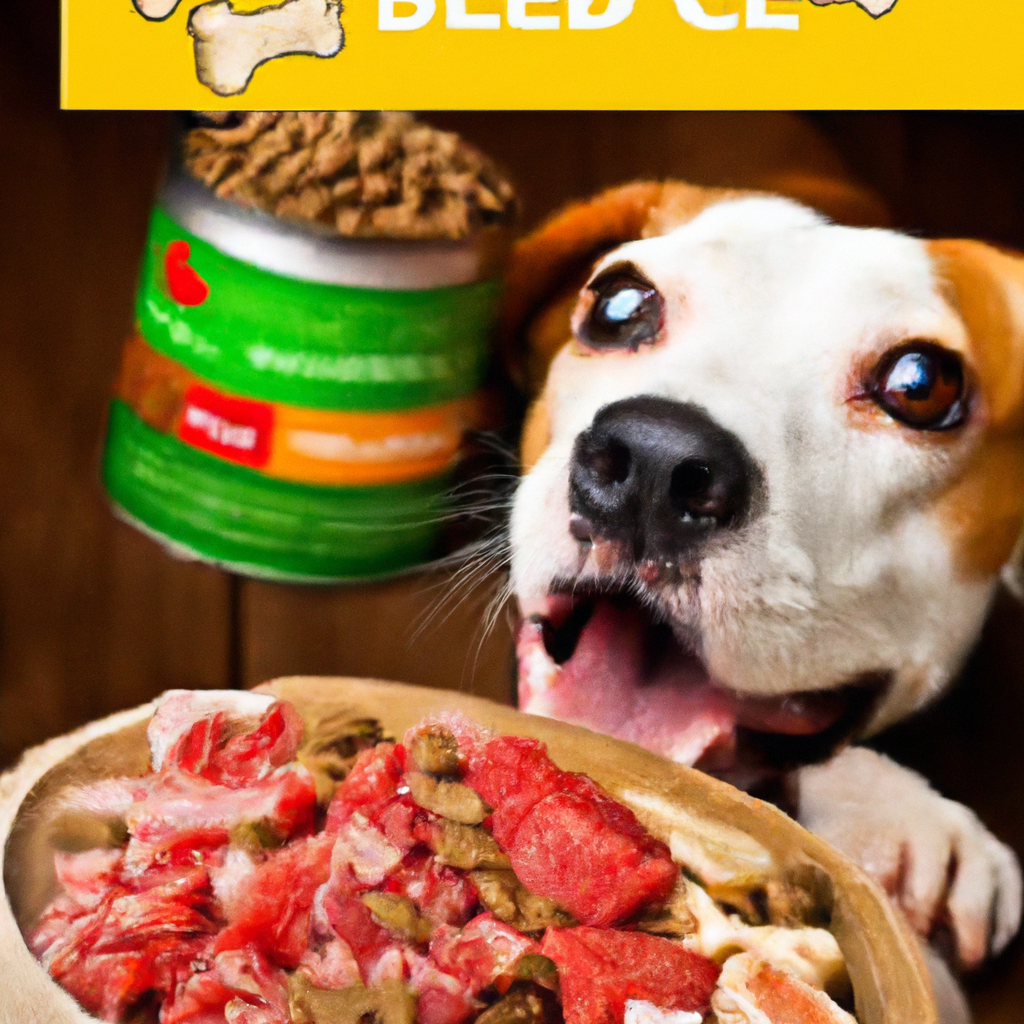Have you ever wondered if it’s safe for dogs to eat human food? Well, the answer is not a straightforward “yes” or “no.” While some human foods can be harmful or even toxic to dogs, others can be perfectly fine and even beneficial for them. It’s important to know which foods are safe to share with your furry friend and which ones to avoid. In this article, we will explore the topic of feeding dogs human food and provide you with a comprehensive guide to help you make informed decisions about your pet’s diet.

Can Dogs Eat Human Food?
Overview
As a dog owner, you may wonder whether it’s safe to share your food with your furry friend. While dogs are primarily carnivores and require a balanced diet specific to their needs, certain human foods can be incorporated into their meals in moderation. However, it’s crucial to be aware of the potential risks and benefits associated with feeding dogs human food.
Benefits of Feeding Dogs Human Food
There are a few benefits to including some human food in your dog’s diet. First and foremost, sharing food with your canine companion can help strengthen the bond between you. Additionally, feeding small amounts of human food as treats or meal toppers can provide various nutrients and offer a change in taste. This variety can make mealtimes more enjoyable for your dog.
Risks of Feeding Dogs Human Food
While there are benefits, it’s essential to be cautious about the risks associated with feeding dogs human food. Some foods that are safe for humans can be toxic or harmful to dogs. Additionally, excessive consumption of certain human foods can lead to obesity, nutritional imbalances, digestive upset, and allergic reactions in our canine friends. It’s crucial to understand the specific foods that are safe and those that should be avoided to prioritize your dog’s health and well-being.
Human Foods That Are Safe for Dogs
Lean Meats
Lean meats, such as chicken, turkey, and beef, can be a safe addition to your dog’s diet. These protein-rich foods can be cooked without any added seasonings and offered in small portions. It’s crucial to remove any bones, skin, and excess fat before feeding it to your dog.
Fish
Fish, particularly salmon and sardines, are excellent sources of omega-3 fatty acids that offer numerous health benefits for dogs. These fatty acids support heart health, promote a shiny coat, and can alleviate inflammation in joints. However, ensure that you cook the fish thoroughly and remove any bones before serving it to your furry friend.
Fruits
Many fruits are safe and even nutritious for dogs. Apples, bananas, blueberries, and watermelon, to name a few, can serve as a healthy treat. Before offering fruits to your dog, make sure to remove any seeds, pits, and rinds, as these can present a choking hazard or contain toxins.
Vegetables
Not all vegetables are safe for dogs, but many can be a valuable addition to their diet. Carrots, green beans, sweet potatoes, and peas are great options that provide essential vitamins, minerals, and fiber. Be sure to cook or steam these vegetables to make them easier to digest for your canine companion.
Yogurt
Plain, unsweetened yogurt can be a healthy treat for your dog, as it is a good source of calcium and protein. It also contains beneficial probiotics that support gut health. Be cautious of flavored yogurts, as they often contain added sugar, which can be harmful to dogs.
Human Foods That Should Be Avoided
Chocolate
Chocolate contains theobromine, a compound that can be highly toxic to dogs. Even small amounts of chocolate can lead to symptoms such as vomiting, diarrhea, increased heart rate, and, in severe cases, seizures or even death. It’s crucial to keep all chocolate products out of your dog’s reach.
Onions and Garlic
Onions and garlic, whether raw, cooked, or in powder form, can cause damage to a dog’s red blood cells. This can lead to anemia and other serious health issues. To ensure your dog’s safety, avoid giving them any foods seasoned with onions or garlic.
Grapes and Raisins
Grapes and raisins can be toxic to dogs and can cause kidney failure. Symptoms can include vomiting, increased thirst, lethargy, and decreased urine production. It’s best to keep grapes and raisins away from your four-legged friend at all times.
Avocado
Avocado contains a substance called persin, which can be toxic to dogs in large quantities. While the flesh of the fruit is generally safe, it’s best to avoid giving your dog any avocado, especially the pit and skin, as they can present a choking hazard.
Alcohol
Alcohol, whether in the form of beer, wine, liquor, or even foods cooked with alcohol, can be extremely dangerous to dogs. It can lead to alcohol poisoning, which can cause symptoms such as vomiting, diarrhea, disorientation, and even coma. Keep all alcoholic substances away from your pet.
Nuts
Most nuts, including almonds, walnuts, pecans, and macadamia nuts, can be harmful to dogs. Nuts are high in fat, which can lead to digestive upset, pancreatitis, and even obstructions in the intestines. It’s best to keep all nuts out of your canine companion’s reach.
Caffeine
Just as caffeine affects us, it can also have adverse effects on dogs. Caffeine can increase heart rate, cause restlessness, muscle tremors, and even seizures. Keep all caffeinated products, including coffee, tea, energy drinks, and chocolate, away from your furry friend.
Xylitol
Xylitol is a sugar substitute commonly found in sugar-free gum, candies, baked goods, and some peanut butter brands. Xylitol is toxic to dogs and can lead to a rapid decrease in blood sugar levels, which can result in seizures, liver failure, and, in severe cases, even death. Ensure that any products containing xylitol are kept away from your dog.
Impact of Feeding Human Food on Dog’s Nutrition
Protein
Lean meats and fish can provide high-quality protein, which is vital for a dog’s overall health. Protein supports muscle growth, repair, and immune function. Adding small amounts of lean meats and fish can help ensure your dog receives sufficient protein in their diet.
Carbohydrates
While dogs primarily require protein, moderate amounts of carbohydrates can be beneficial too. Fruits, vegetables, and whole grains like brown rice or oatmeal can provide dogs with energy and essential vitamins and minerals.
Fiber
Fiber is essential for maintaining a healthy digestive system and preventing constipation in dogs. Many fruits and vegetables contain fiber that can help regulate bowel movements and support gut health.
Fats and Oils
Healthy fats, such as those found in fish and certain plant oils like coconut oil or olive oil, are crucial for a dog’s overall health. These fats provide energy, support skin and coat health, and aid in the absorption of fat-soluble vitamins.
Vitamins and Minerals
Including a variety of fruits and vegetables in your dog’s diet can ensure they receive a range of essential vitamins and minerals. These nutrients play a vital role in maintaining overall health, including supporting the immune system, promoting healthy growth, and aiding in various bodily functions.

Guidelines for Feeding Dogs Human Food
Moderation
When including human food in your dog’s diet, moderation is key. Treats or meal toppers should only make up a small percentage of their overall calorie intake. Excessive consumption of certain human foods can lead to obesity and other health issues.
Portion Control
It’s important to consider portion control when feeding your dog human food. As a general rule, treats should not exceed 10% of your dog’s daily caloric needs. Consult with your veterinarian to determine appropriate portion sizes based on your dog’s size, breed, and activity level.
Consideration for Special Diets
Dogs with specific dietary needs or health conditions may require special diets that exclude certain human foods. It’s vital to consult with your veterinarian to determine if any dietary restrictions apply to your dog and to create a suitable feeding plan accordingly.
Consultation with Veterinarian
Before introducing any new human foods into your dog’s diet, it’s always wise to consult with your veterinarian. Your vet can provide personalized advice based on your dog’s individual needs, ensuring that their diet remains balanced and nutritious.
Observing for Allergic Reactions
Just like humans, dogs can have food allergies or sensitivities. When introducing a new food, observe your dog closely for any signs of an allergic reaction, such as itching, hives, vomiting, or diarrhea. If you notice any adverse symptoms, discontinue feeding the food and consult with your veterinarian.
Common Human Foods Poisonous to Dogs
Chocolates and Cocoa Products
As mentioned earlier, chocolate contains theobromine, which can be toxic to dogs. The darker the chocolate, the higher the concentration of theobromine, making it more dangerous. Keep all chocolates and cocoa products away from your four-legged friend.
Alcohol
Alcohol can be extremely toxic to dogs. Even a small amount can lead to alcohol poisoning, which can have severe consequences. Keep all alcoholic beverages and products away from your pet.
Onions, Garlic, and Chives
Onions, garlic, and chives contain compounds that can damage a dog’s red blood cells, leading to anemia. It’s best to avoid any foods seasoned with these ingredients to protect your dog’s health.
Grapes and Raisins
Grapes and raisins can be highly toxic to dogs and can cause kidney failure. Even a small amount can have serious consequences. Keep all grapes and raisins away from your furry friend.
Avocado
While the flesh of avocado may be safe for dogs, other parts, such as the pit and skin, can present a choking hazard or contain toxins. It’s best to avoid giving your dog any avocado.
Nuts
Most nuts, including almonds, walnuts, pecans, and macadamia nuts, can be harmful to dogs. High in fat and potentially toxic, nuts should be kept away from your four-legged friend.
Xylitol
Xylitol, a sugar substitute commonly found in gum, candies, and some peanut butter brands, can be toxic to dogs. It can lead to a rapid decrease in blood sugar levels and can have serious consequences. Ensure any products containing xylitol are kept out of your dog’s reach.
Artificial Sweeteners
Some artificial sweeteners, such as those found in sugar-free candies or baked goods, can be toxic to dogs. Always check the label and avoid feeding your dog any products containing artificial sweeteners.

Health Risks Associated with Feeding Dogs Human Food
Obesity
Feeding dogs too much human food, particularly high-calorie treats, can contribute to obesity. Obesity can lead to various health problems, including joint issues, heart disease, and a decreased lifespan. Maintaining a balanced diet and regular exercise are crucial for preventing obesity in dogs.
Pancreatitis
Certain human foods, especially those high in fat, can trigger pancreatitis in dogs. This condition causes inflammation of the pancreas and can lead to abdominal pain, vomiting, diarrhea, and even life-threatening complications. Avoid high-fat foods and consult with your veterinarian to create a suitable diet plan.
Allergic Reactions
Dogs, like humans, can develop food allergies or sensitivities. Feeding them certain human foods can trigger allergic reactions, which may manifest as itching, hives, gastrointestinal upset, or even respiratory distress. It’s important to monitor your dog for any signs of allergies and adjust their diet accordingly.
Digestive Upset
Dogs have sensitive digestive systems, and introducing new or unfamiliar human foods can cause digestive upset, such as vomiting or diarrhea. It’s best to introduce new foods gradually, in small quantities, and monitor your dog’s response. If any issues arise, consult with your veterinarian.
Nutritional Imbalances
Feeding too much or an unbalanced variety of human foods can result in nutritional imbalances in dogs. Dogs require specific nutrients in appropriate quantities for optimal health. It’s essential to work with your veterinarian to ensure your dog’s diet remains nutritionally balanced.
Potential Benefits of Feeding Dogs Human Food
Improved Digestive Health
Introducing small amounts of certain human foods, such as fruits, vegetables, and whole grains, can contribute to improved digestive health in dogs. These foods can provide essential fiber that aids in regular bowel movements and supports a healthy gut.
Higher Nutrient Intake
Including certain human foods in your dog’s diet can boost their nutrient intake. Fruits and vegetables, for example, contain vitamins, minerals, and antioxidants that can enhance their overall well-being. However, it’s important to ensure that the foods offered are safe and appropriate for dogs.
Enhanced Palatability
Adding small amounts of human food to your dog’s meals can make them more enticing and flavorful. This can be particularly beneficial for picky eaters or dogs with a decreased appetite. It’s crucial to ensure that the human food added does not comprise the majority of their diet.

Considerations for Dog Owners
Specific Human Foods to Avoid
To keep your dog safe, there are specific human foods you should always avoid feeding them. These include chocolate, alcohol, onions, garlic, grapes, raisins, avocado, nuts, xylitol, and artificial sweeteners. Keeping these foods out of your dog’s reach is crucial for their well-being.
Alternatives to Human Food
Instead of sharing your own meals with your dog, consider purchasing commercially prepared dog treats or meal toppers that are specifically formulated for their nutritional needs. These products are designed to be safe and provide the necessary nutrients without the risks associated with certain human foods.
Dog-Safe Recipes
If you enjoy cooking homemade meals for your dog, there are numerous dog-safe recipes available online or in pet cookbooks. These recipes can provide guidance on creating balanced meals using safe and nutritious ingredients. Remember to consult with your veterinarian to ensure the recipes meet your dog’s specific dietary requirements.
Conclusion
While it can be tempting to share our human food with our beloved dogs, it’s important to remember that not all foods are safe for our furry friends. While certain human foods can be included in their diet in moderation, it’s crucial to be aware of the potential risks and benefits associated with feeding dogs human food. By understanding which foods are safe and those to avoid, consulting with your veterinarian, and practicing moderation, you can ensure that your dog’s diet remains balanced, nutritious, and promotes their overall health and well-being.





